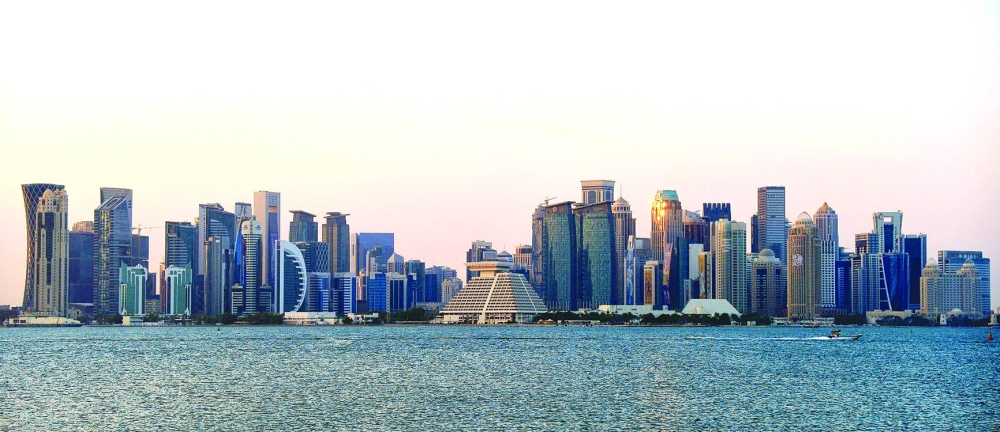Qatar’s consumer price inflation may ease from current level until 2025; Oxford Economics said and noted the key drivers of the rise in the headline inflation will likely reverse this year.
The report authored by Oxford Economics senior economist Maya Senussi showed Qatar’s CPI will drop to 3.2 this year, 1.8 (2024) and 2.1 (2025).
The country’s inflation, the report said, rose to 5.9% in December, from 5.3% in November, as the FIFA World Cup Qatar 2022 unfolded.
“This brought the 2022 average to 5% the highest in the current series, higher than our 4.7% projection. Some of the key drivers of the rise in the headline, particularly recreation and culture prices, will likely reverse now that the World Cup is over.
“Consequently, we see inflation falling back in 2023, but have raised our average CPI forecast for this year. We expect inflationary pressures to subside, but with housing prices barely budging, we have lifted our 2023 projection by 0.7ppts, to 3.2%,” Senussi noted in her report.
After inflation turned negative in 2020, it rose to 2.3% in 2021 and 5% last year amid rising world food and energy prices and rising demand in the run-up to World Cup.
“The spat of higher inflation will now subside”, it said.
In a “risk evaluation” on Qatar, Oxford Economics said “the country’s overall economic risk score is 3.2, unchanged from six months ago. It remains well below the Mena average of 5.2 and puts Qatar 25th out of the 164 countries we rank.”
Risk rose amid the fallout from the pandemic but will decline as the economic rebound strengthens.
The pace of growth has slowed since 2012, first because of the moratorium on the North Field gas expansion and then since 2014 because of lower oil prices and associated fiscal austerity.
Growth turned negative in 2019-2020 but the economy has now surpassed its pre-pandemic level amid stronger recovery in 2022. “We expect the pace of the recovery to ease this year,” Oxford Economics said.
The market demand risk score of 4.0 is below the Mena average of 5.5, reflecting what Oxford Economics says “Qatar’s very high per capita income, large government reserves, and lack of overheating.”
The end of the GCC diplomatic dispute has supported demand, investment, trade, and project implementation, as well as the flow of people.
Geopolitics aside, the pace of domestic activity was dampened by weak oil and gas prices and was later exacerbated by the impact of Covid.
But the government’s relatively strong fiscal position (compared with its GCC peers), infrastructure spending, and ongoing benefits for public-sector workers should underpin demand growth in 2023, helped along by elevated oil and gas prices, Oxford Economics noted.
Business
Qatar’s consumer price inflation to ease from current level in coming years: Oxford Economics
Qatar’s consumer price inflation may ease from current level until 2025; Oxford Economics said and noted the key drivers of the rise in the headline inflation will likely reverse this year.

Qatar’s consumer price inflation may ease from current level until 2025; Oxford Economics said and noted the key drivers of the rise in the headline inflation will likely reverse this year
